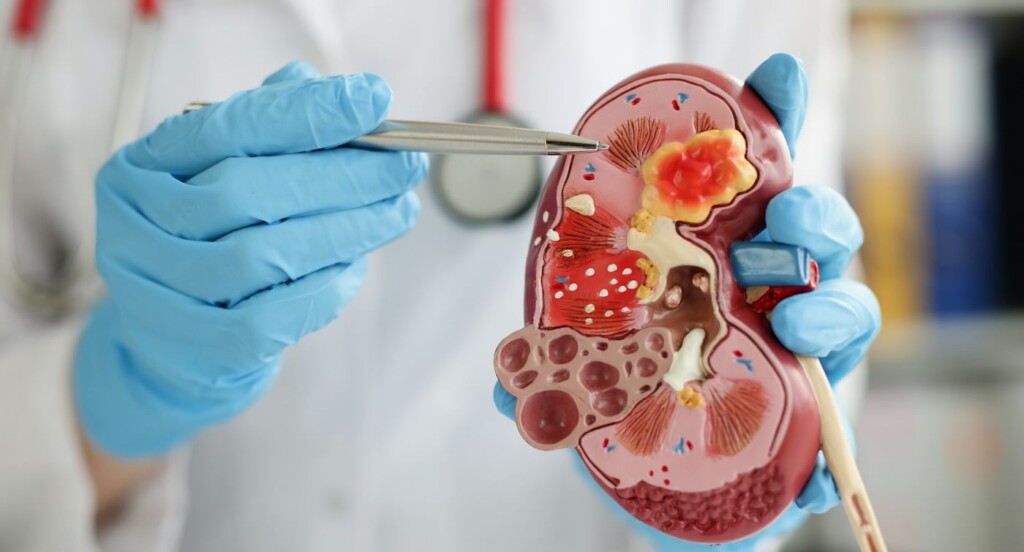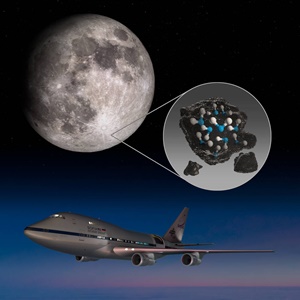
Getty Images for Unsplash+Researchers at the National Cancer Research Centre in Spain (CNIO) have discovered a mechanism that is triggered just minutes after acute liver damage occurs—and it could lead to treatments for those with severe liver problems.The avenues for future treatments of liver damage include a diet enriched with the amino acid glutamate.“Glutamate supplementation can promote liver regeneration and benefit patients in recovery following hepatectomy or awaiting a transplant,” wrote the authors in a paper published in ‘Nature’.The liver is a vital organ, crucial to digestion, metabolism, and the elimination of toxins. It has a unique ability to regenerate, which allows it to replace liver cells damaged by the very toxins that these cells eliminate.However, the liver stops regenerating in cases of diseases that involve chronic liver damage–such as cirrhosis—and such diseases are becoming increasingly prevalent, associated with poor dietary habits or alcohol consumption. So activating liver regeneration is key to treating the disease.Learning to activate liver regeneration is therefore a priority today, to benefit patients with liver damage and also those who’ve had part of their liver cut out to remove a tumor.The research has discovered in animal models this previously unknown mechanism of liver regeneration. It is...

